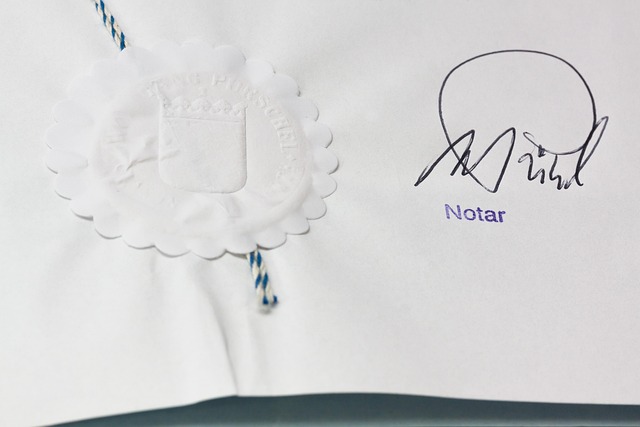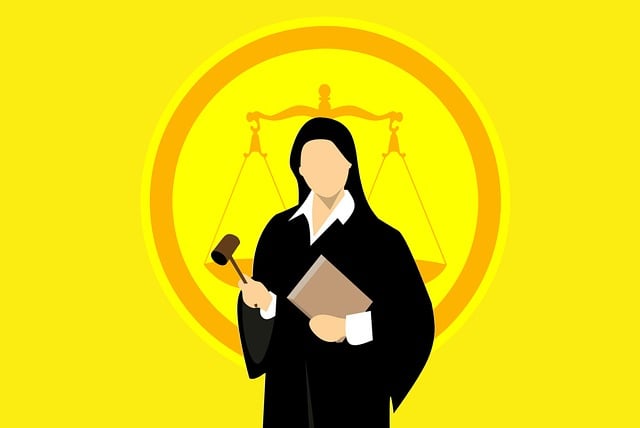Contempt of court in Oregon carries serious penalties. A contempt court lawyer is crucial for navigating these complexities, ensuring rights are protected and providing strategic advice. They handle direct and indirect contempt cases, defend against charges, cross-examine witnesses, and advocate for fair outcomes, especially when extenuating circumstances exist.
“In Oregon, contempt cases play a crucial role in maintaining judicial authority and enforcing court orders. This article offers invaluable insights from leading attorneys, demystifying complex legal concepts for laypersons. We explore Oregon’s contempt law fundamentals, distinguishing between direct and indirect contempt, and examining the due process rights of accused individuals. Furthermore, common defenses against contempt charges are dissected, alongside strategies employed by expert contempt court lawyers to ensure fair outcomes. Understanding these aspects is vital for anyone navigating Oregon’s legal system.”
- Understanding Oregon Contempt Law: Basics for Laypersons
- When is Direct Contempt vs. Indirect Contempt?
- Rights of Accused: Due Process in Contempt Proceedings
- Common Defenses Against Contempt Charges Explained
- Strategies a Contempt Court Lawyer Can Employ
Understanding Oregon Contempt Law: Basics for Laypersons

Contempt of court is a serious legal issue, but it’s important for laypersons to understand the basics in Oregon. When someone fails to comply with a court order, they may be held in contempt. This can include not paying child support, ignoring a subpoena, or failing to follow specific instructions given by the judge. A contempt court lawyer in Oregon plays a crucial role in guiding individuals through this complex process, ensuring their rights are protected while navigating the legal system.
The consequences of being found in contempt can be severe, including fines and even jail time. However, with proper legal representation, individuals can better understand their obligations and work towards resolving the issue without undue hardship. A qualified attorney can help explain the specific laws and court procedures, advocate for their client’s interests, and provide strategic advice tailored to their unique situation.
When is Direct Contempt vs. Indirect Contempt?

Direct contempt occurs when someone willfully violates a court order or disrupts a proceeding while it’s in session. This can include actions like refusing to testify, interrupting the judge, or failing to comply with a subpoena. In such cases, the contempt is immediate and direct, often resulting in quick sanctions from the judge.
Indirect contempt, on the other hand, involves actions that indirectly obstruct justice or disregard court orders. Examples include failure to pay child support or refuse to turn over requested documents. These cases require more investigation and may lead to a trial to determine if the person intended to disobey the court’s order. A contempt court lawyer is crucial in these situations, as they understand the nuances of each case and can guide clients towards the best resolution.
Rights of Accused: Due Process in Contempt Proceedings

In Oregon contempt cases, understanding the rights of the accused is paramount. When facing charges in a contempt court, individuals have a right to due process, ensuring they are treated fairly and given a chance to defend themselves. This includes the right to be informed of the allegations against them, allowing them to gather evidence and present a defense, and facing their accuser in a public forum. A contempt court lawyer can help navigate these proceedings, guaranteeing that the accused’s rights are protected throughout the process.
A key aspect of due process is the right to legal representation. A contempt court lawyer can provide invaluable guidance, ensuring the accused understands their options and potential consequences. They can cross-examine witnesses, challenge evidence, and argue on behalf of their client, aiming to achieve a fair outcome. This support is crucial, especially given the severity of contempt charges, which can have significant personal and professional implications for those found guilty.
Common Defenses Against Contempt Charges Explained

In Oregon contempt cases, individuals accused of disobeying a court order often face significant legal consequences. However, there are several common defenses that a skilled contempt court lawyer can employ to challenge these charges. One of the most effective strategies is demonstrating a good-faith effort to comply with the court’s orders. This may involve presenting evidence of attempts to understand or interpret the order, as well as any reasonable efforts made to adhere to it.
Another robust defense involves questioning the clarity or specificity of the court order. If the language of the order is vague or open to interpretation, a defendant can argue that they acted in good faith based on their understanding of what was required. Additionally, establishing an inability to comply due to unforeseen circumstances, such as financial constraints or health issues, can be a viable defense strategy. These defenses highlight the importance of seeking counsel from a knowledgeable contempt court lawyer who can navigate these complex legal matters effectively.
Strategies a Contempt Court Lawyer Can Employ

A skilled contempt court lawyer plays a pivotal role in navigating complex legal scenarios, offering strategic guidance to their clients. One of the primary objectives is to present a compelling case, demonstrating beyond doubt that the accused has indeed failed to comply with a court order. This often involves meticulous preparation, including reviewing relevant laws and previous case histories for similar matters.
The lawyer’s expertise lies in crafting persuasive arguments, using legal precedents to bolster their position. They may employ various tactics such as requesting specific performance, where the court orders the contemptuous party to fulfill their duty, or seeking compensatory damages to redress any financial harm caused by the violation of a court order. An adept contempt court lawyer also knows when to invoke leniency, arguing extenuating circumstances or mitigating factors to achieve a favorable outcome for their client while upholding the integrity of the legal process.






